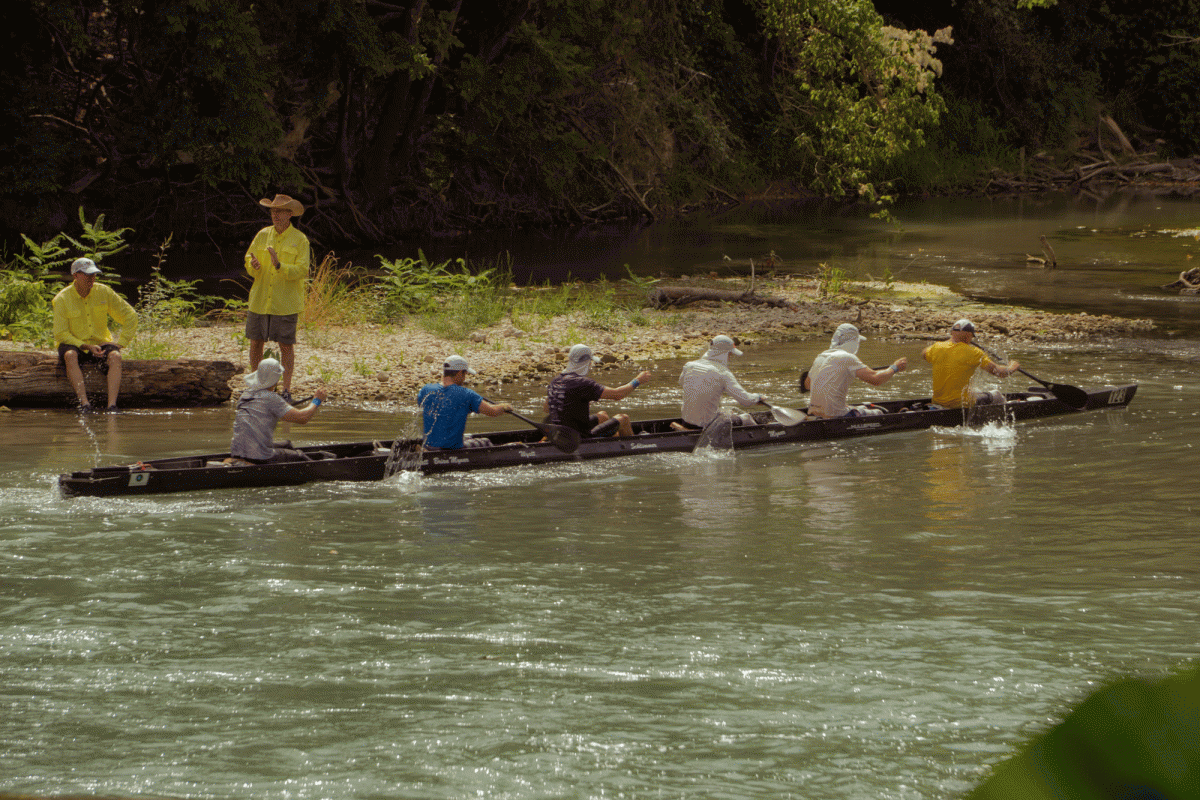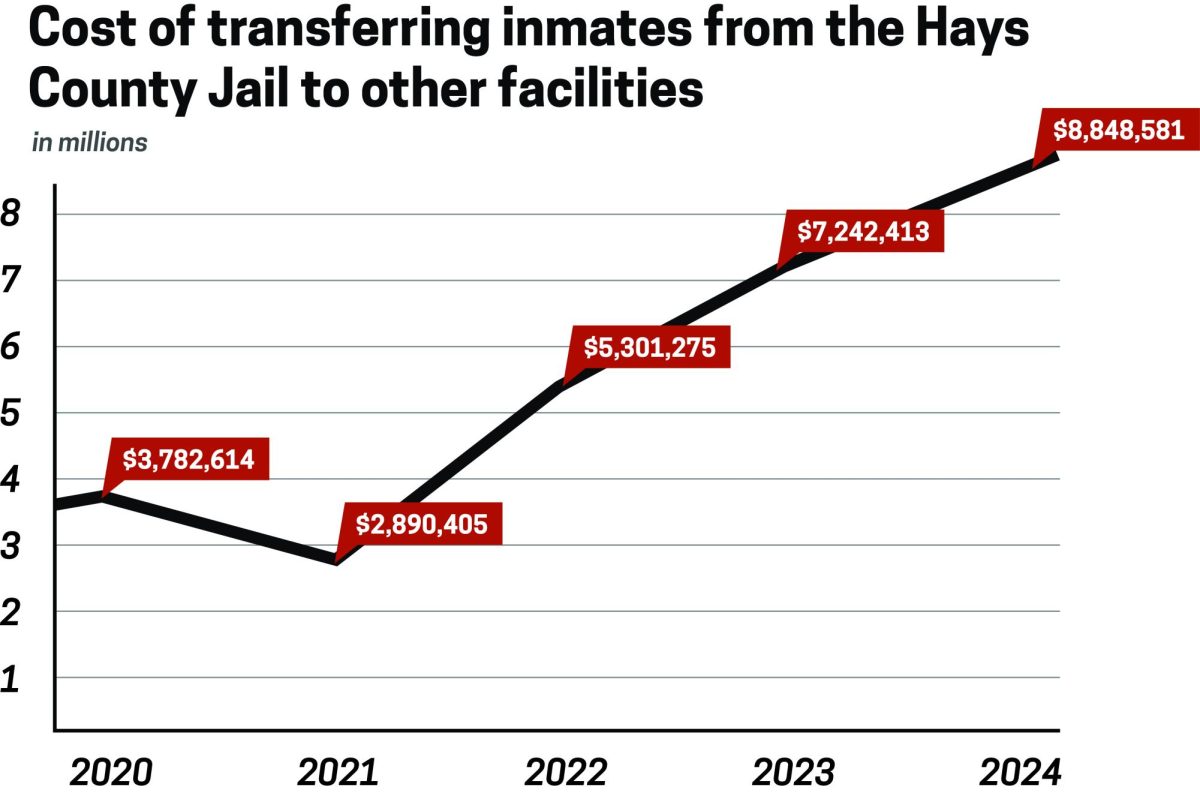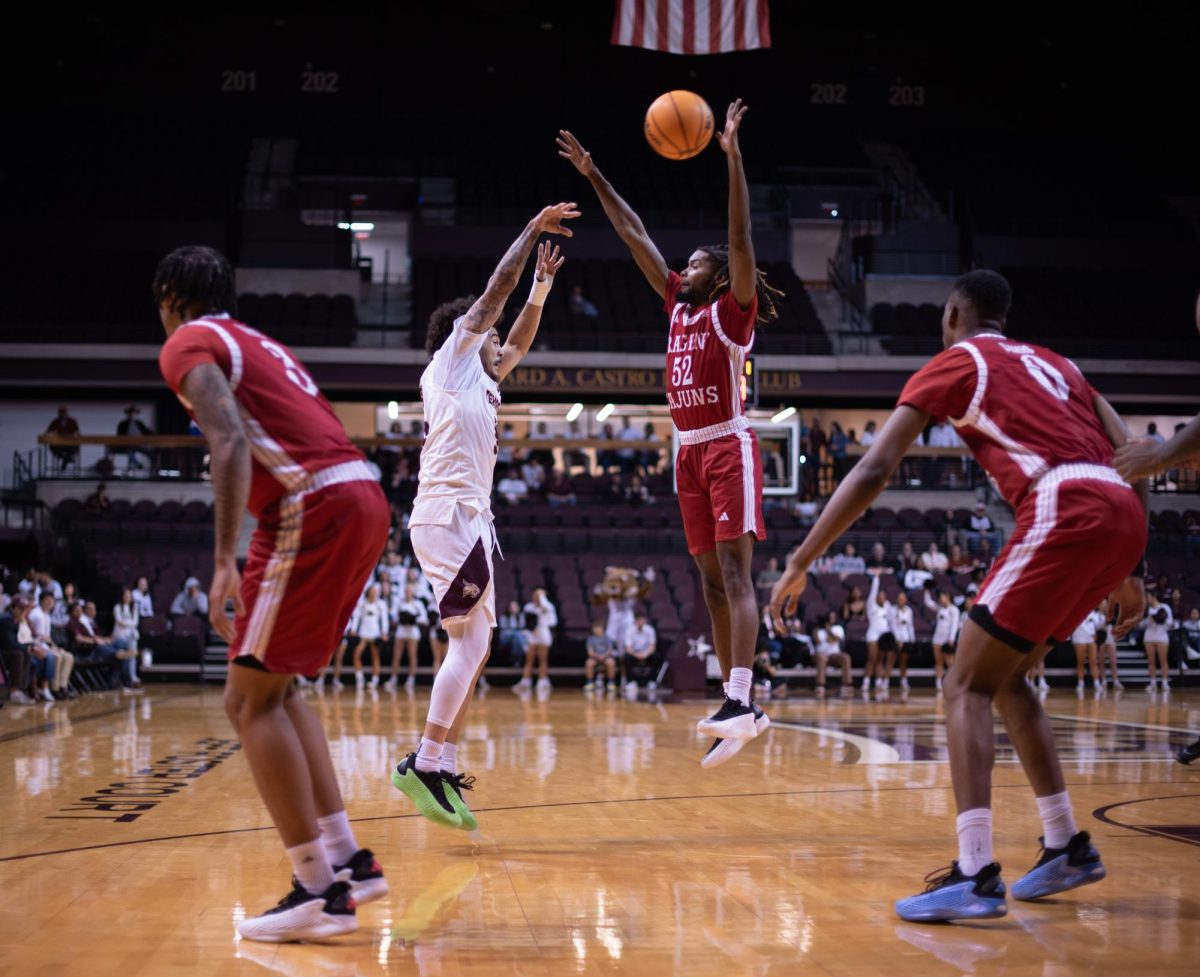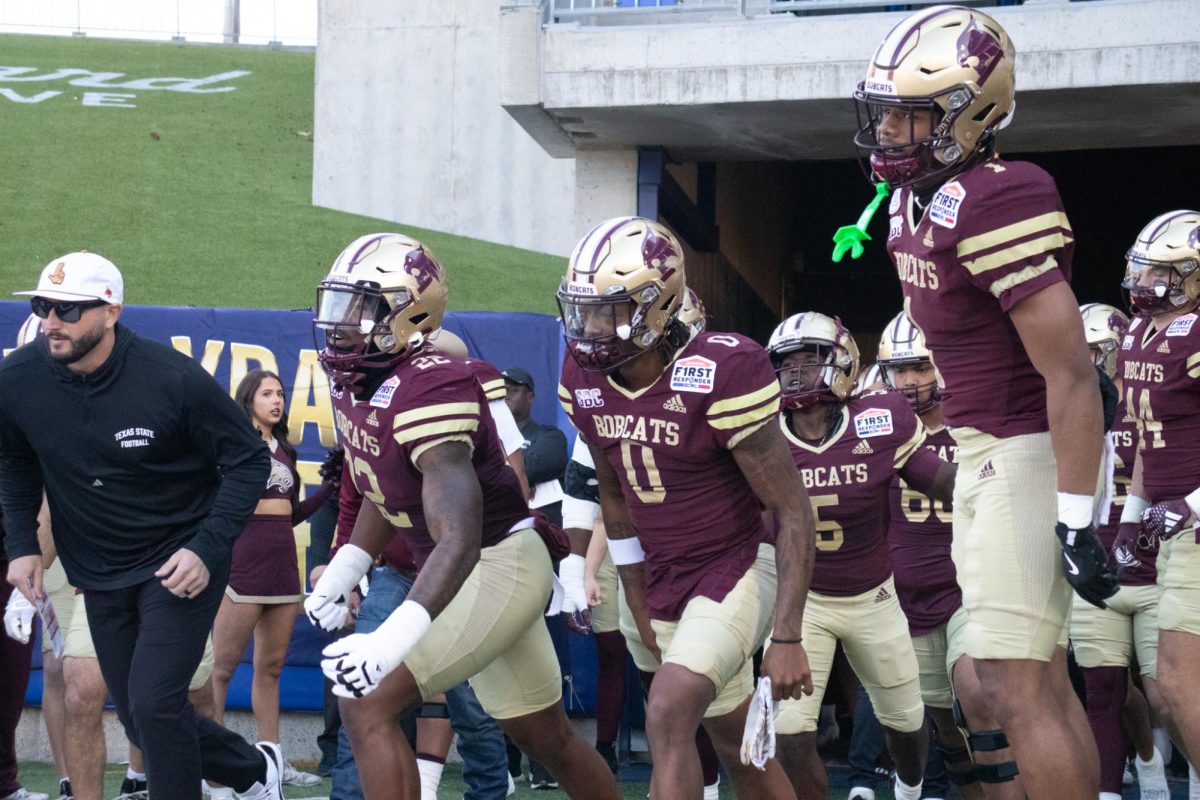The annual Texas Water Safari started June 9 at the Meadows Center. This year marks the 56th time the Water Safari Organization’s self-billed “world’s toughest canoe race” has taken place.
The Safari occurs on the first Saturday of June and is a 260-mile race through the San Marcos and Guadalupe Rivers. The race begins at San Marcos’ Aquarena Springs and ends in the small town of Seadrift. The winner of the race does not win cash, but gets bragging rights, a trophy and patch.
Before the Safari, there is a preliminary race in May called the Texas River Marathon to prepare racers. The Texas River Marathon is a 35-mile race through the fastest water of the Safari’s course.
All that is required for racers to compete in the Safari is a canoe and muscle to power it. Each competitor is responsible for their own equipment and is provided food and water along the three-day journey.
The Safari is open to people from all over the world. This year, three countries were represented along with 14 U.S. states. Since its inception in 1963, the event has grown considerably.
“The acclaim of the race has gotten considerably larger,” Bob Spain, Water Safari board member and volunteer, said. “We have 134 boats starting this year. Last year we had 140, so it’s over 100 boats every year.”
Those involved in the organization and coordination of the Safari are unpaid volunteers who have run the race before or have passion for the outdoors.
“You realize everyone has a lot of enthusiasm for the race,” Spain said. “Nobody is paid, everyone is a volunteer. We have people who have been doing different parts of it for 15 years.”
Allen Spelce, president of the Water Safari Board has been in 11 Water Safari races and is a member of the organization’s hall of fame. Spelce understands the obsession and need the volunteers have to be involved in the race beyond just competing.
“It means so much to people who have completed the race that we get a lot of people coming back to still work with it,” Spelce said.
Taking on the challenge of the Texas Water Safari requires physical discipline and a certain level of mental toughness.
“It’s exciting, it’s hard,” Joy Emshoff, volunteer and former race participant, said. “I would say it’s more mental than physical. Of course, you have to be in good physical shape, but you also have to be very determined to do it. You can’t get out there and think I’ll just give it a try.”
With no chance of sleep while on the river, fatigue proves to be one of the biggest issues for a paddler. For Emshoff, fatigue was the greatest challenge she faced.
“You just want to lay down and rest (on the river),” Emshoff said. “You just want to stop paddling but you know you can’t if you’re going to make the cutoffs. You just tell yourself to keep going.”
Spelce, having won the race in his own time, stresses that ultimately succeeding in finishing the race comes down to a paddler’s experience and mental fortitude. It takes a special kind of discipline to openly challenge mother nature.
“You can be big and strong, but if you don’t have it upstairs where you can push through the pain, the blisters and the heat then you aren’t going to finish,” Spelce said.
Despite the hardships that come with the challenge, the beauty of the river and the different terrains along the way make it worth the try.
“It’s unique,” Spelce said. “You have crystal clear water at the start of the race and you end up going through swamps and bayous and a bay crossing. You get to see it all.”
Categories:
Annual Texas Water Safari kicks off in San Marcos
June 14, 2018
Competitors race towards Seadrift June 9 in the Texas Water Safari.
Photo by
Chubu Nwadiei | Staff Photographer
0
Donate to The University Star
Your donation will support the student journalists of Texas State University. Your contribution will allow us to purchase equipment and cover our annual website hosting costs.
More to Discover














